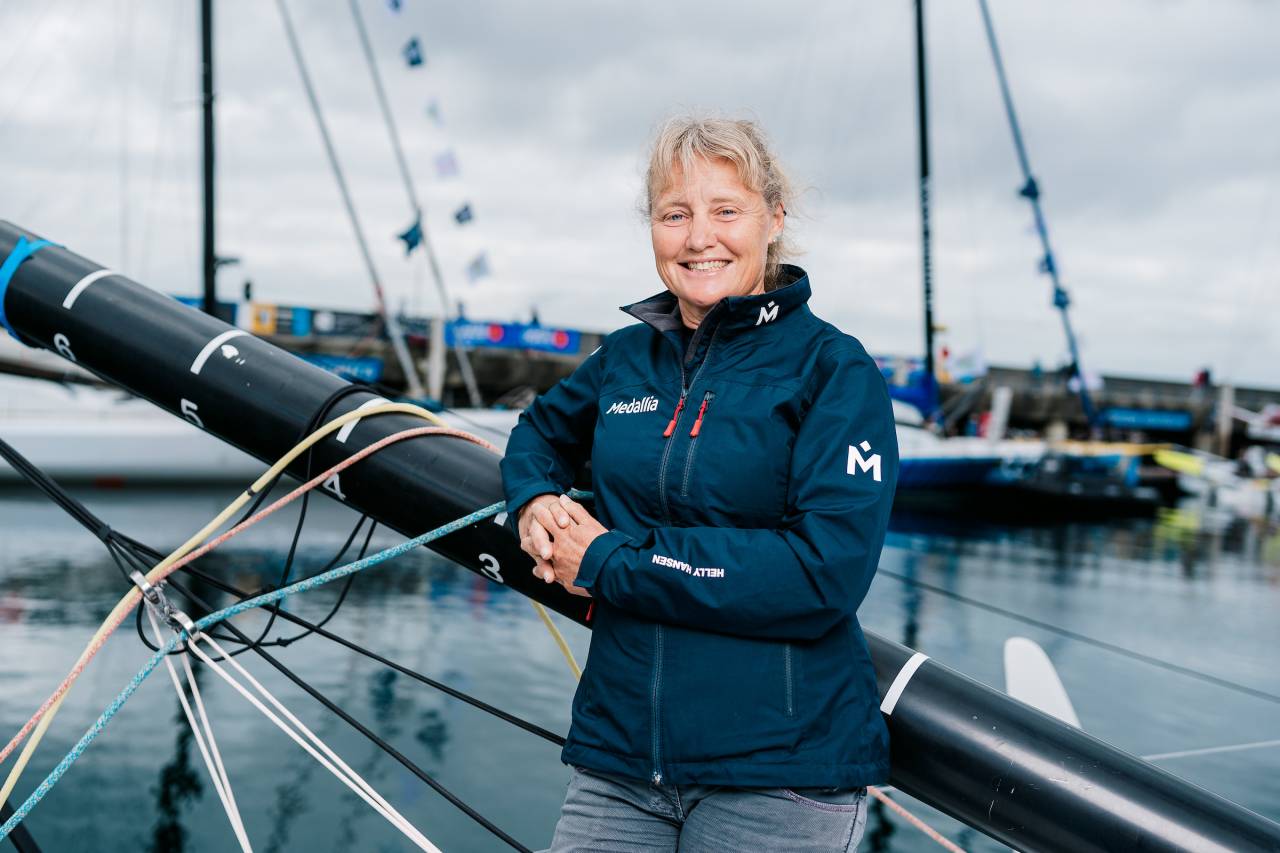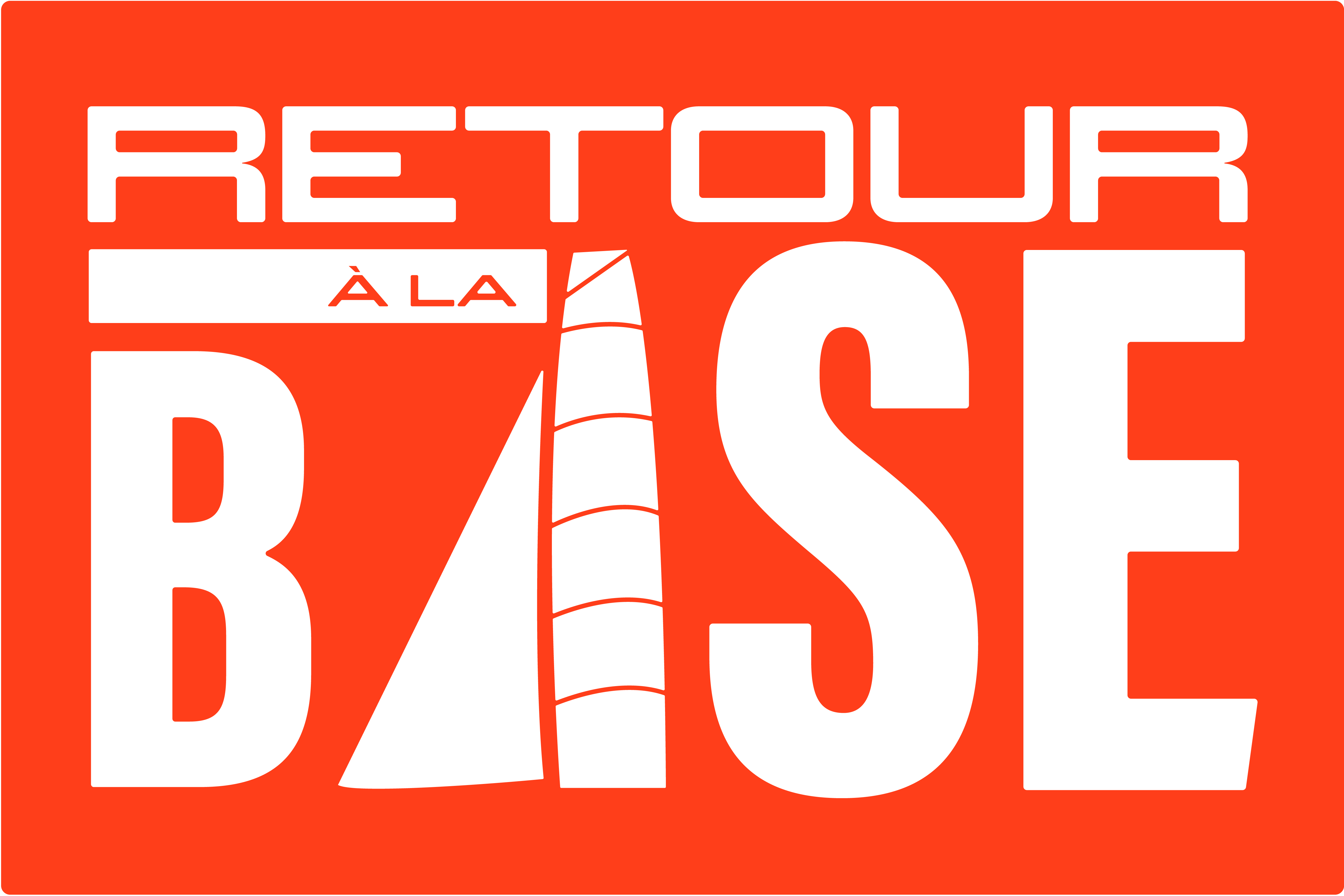Pip Hare: “It is looking classic, head north, find depression put your foot down….”

Pip Hare is one of those racers who is probably happiest when she is at sea, at one with her IMOCA Medallia. But the British racer now faces her biggest test yet as races solo for the first time on Medallia since she fitted big, powerful foils during last winter and spring. Buoyed by a good 12th place on the Transat Jacques Vabre Normandie Le Havre race out to Martinique, she is relishing the challenge of the solo Retour à La Base race which starts midday local time (16:00hrs UTC) Thursday.
How have you recovered in Martinique?
“The thing is for me and a programme of our size, is working life goes on here, I am still working, planning ahead, trying to organise things, looking for sponsorships which we still need, and so there really has not been much beach time at all. And I had major ‘cabin fever’ yesterday. I just wanted to be getting out there and on with it. I am ready to leave.”
What is the particular challenge for you in going solo again?
“I really am looking forwards to it. Being here has not been any kind of holiday, it is business as usual and it is the sailing that gives me the relief. I am not not nervous about it, I am nervous. It is the first time with the big foils on my own. It is a bit of a gnarly course. There is a lot at stake but the only reason I do this is to go sailing. I like sailing.”
Are you looking forwards to being alone again?
“All of this exists so I can go solo sailing. It’s what I love, what we all love. And this race is an important part of our preparations for next year. It gives us an extra vision. I have spoken to several people including one of our sponsors and they have said ‘you have nothing to prove here’ I think the main aim is to get the boat back and, ideally, not rack up any more costs!”
And so, as the French say, where will you ‘set the cursor’ on this race, presumably there is no long term benefit from being overly conservative?
“In my routing I set my cursor at the conservative end of performance parameters. I have set a maximum wind limit. But then I also have to consider that this will be my one and only opportunity to see how it feels, what the considerations are pushing the boat in the south (in the Vendée Globe). If we get what are looking for, we will get up north, we will get depressions coming across, position ourselves in the front of fronts, it is a chance to try sail set ups, it is a chance to see how fast I can move in relation to the fronts and if I back off, how quickly the front catches me up. If I think back to the Vendée Globe I had to learn that ‘on the go’ in the south for the first time. The first time I backed off too early, the second one I scared the pants off myself. It is a reminder and a learning process and I have not done any of that kind of sailing since the Vendée Globe. So, for me, I am very much someone who needs to do things to give myself the confidence I can do them.”
And what learnings from the outbound race do you carry forwards to this first solo race of 2023?
“I did push the boat hard. The fact we hit 36 knots does tell you something. But because we had the sail damage, we were using old sail configurations which is a very useful learning, but the main thing is that in the bigger breeze I was still using 80 per cent foil in 30kts of wind which is full on. That is full on. And I know what it is like to be thrown across the cabin. So I know how all that feels.”
“So when I get into the bigger breeze my question is how do I set up the foil package so I create sustainable high speeds and living conditions and to keep myself safe. One of the things about double handed is that – not that I don’t care about my personal safety – is there is someone there to come and pick up the pieces if I sprain my wrist or bang my head. But on the way back now one of my bigger concerns is about my personal safety more than the boat, managing that.”
And how is this course back to France shaping up?
“It looks fairly classic. Head north, find depression put your foot down and try and stay ahead of it. There is a little bit of a sticky bit where the models don’t quite agree. There is a transition stage after three or four days but it looks fast but there are quite a few ‘off ramps’ if you don’t want to be right there in the thick of it”
